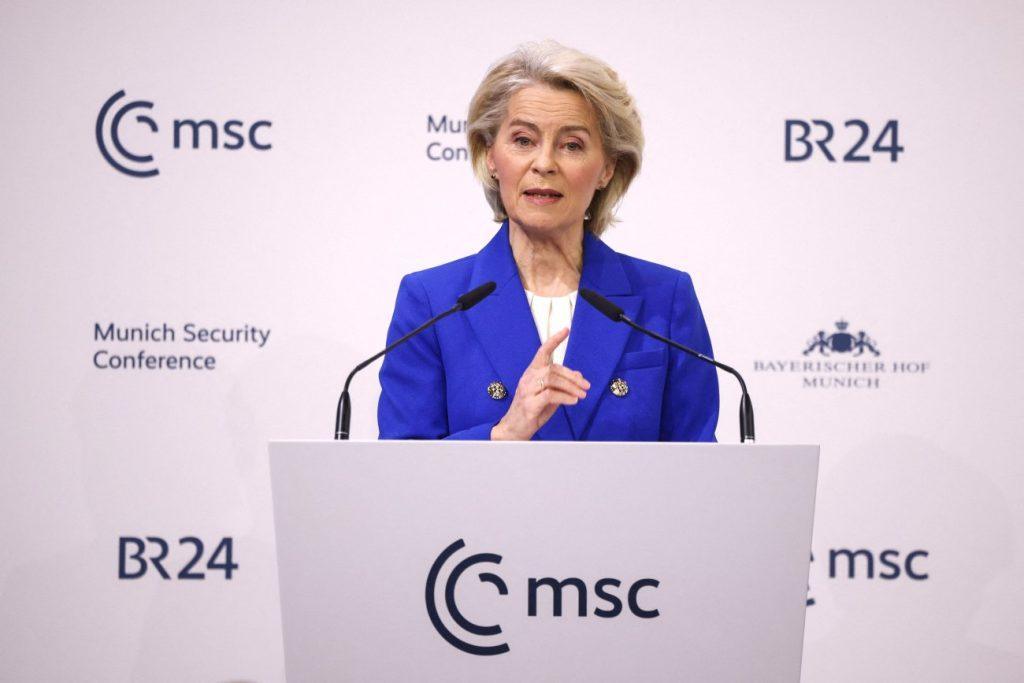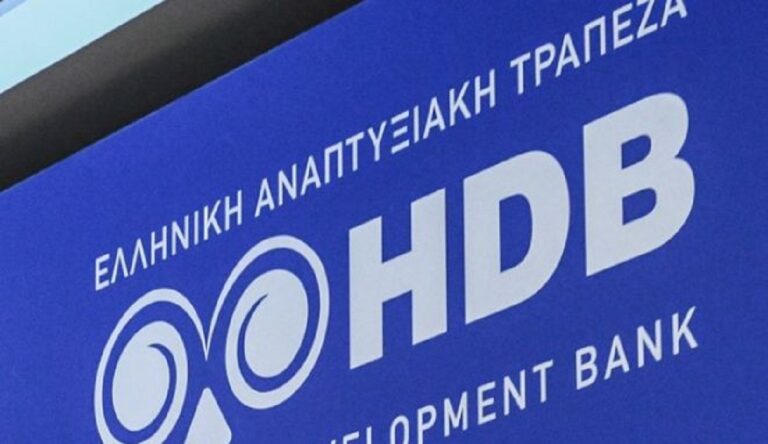Prime Minister Kyriakos Mitsotakis didn’t just defy pollsters with his sweeping election victory in Greece on Sunday. He also broke through the barriers that his main political opponent tried to put up against him, according to a Bloomberg analysis of the elections held in Greece.
Investors “see” a clear victory for the 55-year-old Mitsotakis in the second election due on June 25, which should yield an absolute majority and a clear mandate to continue his program of economic reforms.
In doing so, Mitsotakis defeated his left-leaning rival Alexis Tsipras on Sunday, but also overcame the much stronger version of Tsipras’s SYRIZA party from 2015. Back then, SYRIZA brought Greece close to being kicked out of the euro a year later. he later changed the electoral law in order to prevent parties such as Mitsotakis’s New Democracy from winning majorities.
The Athens Stock Exchange‘s broad benchmark jumped to its highest level in nearly a decade, while Greece’s 10-year bond yield fell 14 basis points to 3.877%. This was the lowest level since December and underlined the gap between Greece and Italy, another weak spot during the euro crisis last decade.
Simple representation voting system
Tsipras had argued that a proportional system that pushed parties into coalitions was more democratic. But with 41% of the vote to around 20% for SYRIZA, Mitsotakis has signaled he is not interested in an electoral deal and will instead seek to use his advantage in a new round of voting.
“New elections must be held as soon as possible,” he said on Monday, putting forward June 25 as a possible date. Before the vote, New Democracy was polling close to 35%.
Sunday’s election was the first and only one held under the system introduced by Tsipras, which essentially meant a candidate needed about 48% of the vote to form a majority. The second vote gives a bonus of up to 50 seats to the winner, reducing the threshold for a majority to around 38% under certain conditions.
Perspective
Mitsotakis’ prospect of claiming a strong mandate for his second term sets him apart from his rivals, who have seen their alliances fragment during a decade that has included an economic crisis, a global pandemic and the return of war to Europe.
Spanish Prime Minister Pedro Sanchez leads a minority coalition that depends on ad hoc alliances to advance legislation. Giorgia Meloni needed a three-party coalition to claim power in Italy after emerging from the political fringes. Even in Germany, where coalition-building is part of the political fabric, Olaf Scholz leads the first three-party government in more than half a century.
France’s presidential electoral system makes Emmanuel Macron something of an outlier among Europe’s biggest economies, though even he lost his parliamentary majority early in his second term.
Economic transformation
“New Democracy is the biggest center-right party in Europe,” Mitsotakis said immediately after his victory on Sunday.
Voters were particularly focused on Greece’s economic transformation, which has seen gross domestic product recover to exactly where it was when Greece defaulted on its debt in 2010. Unemployment has more than halved from its peak. of 28% and the country’s stocks and bonds have soared.
The election shows that many people just want this to continue.
They want a government that can stay on the sustainable fiscal path Greece was on before the pandemic and continue to take full advantage of European Union funds that help stimulate growth.









































